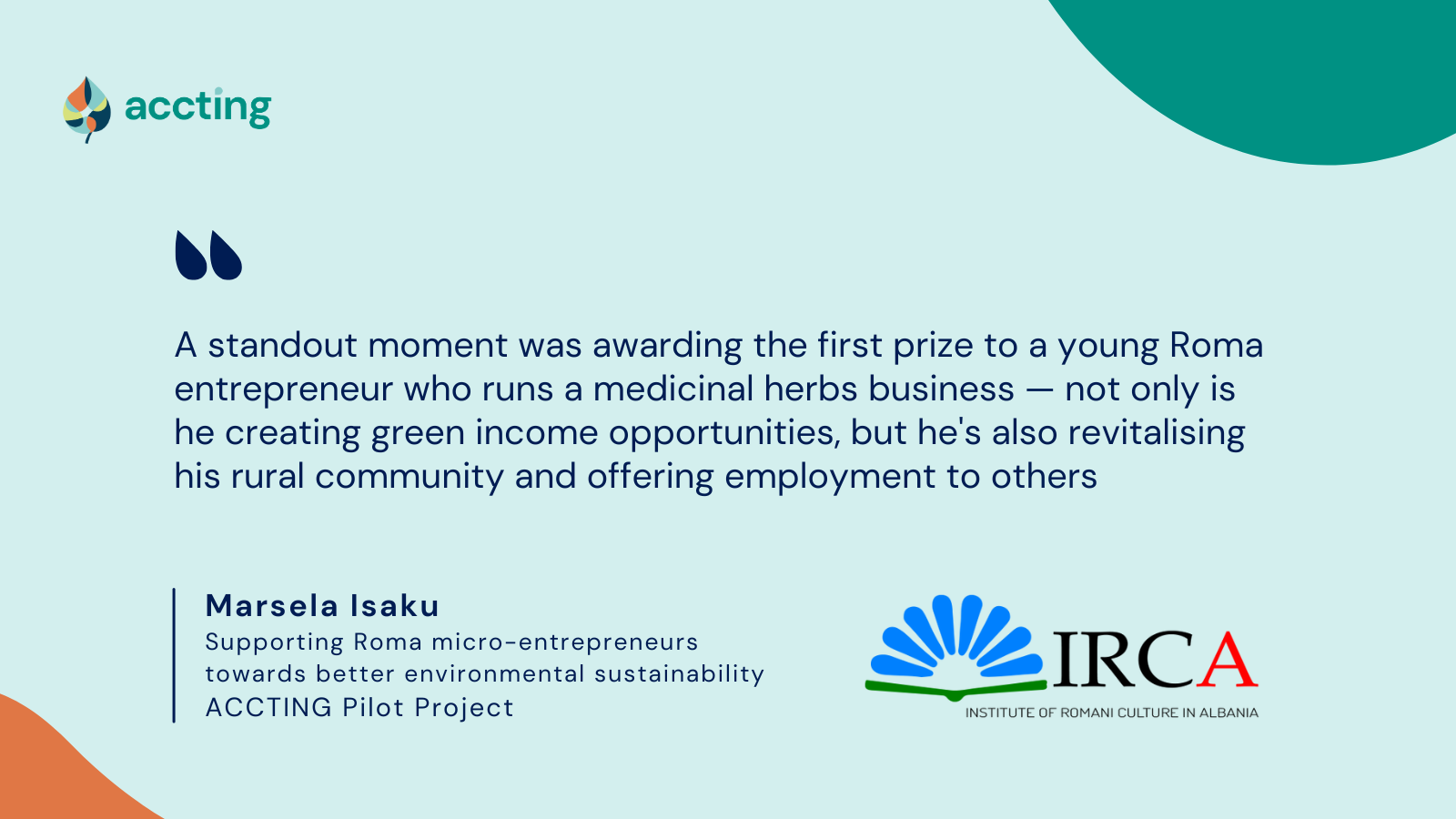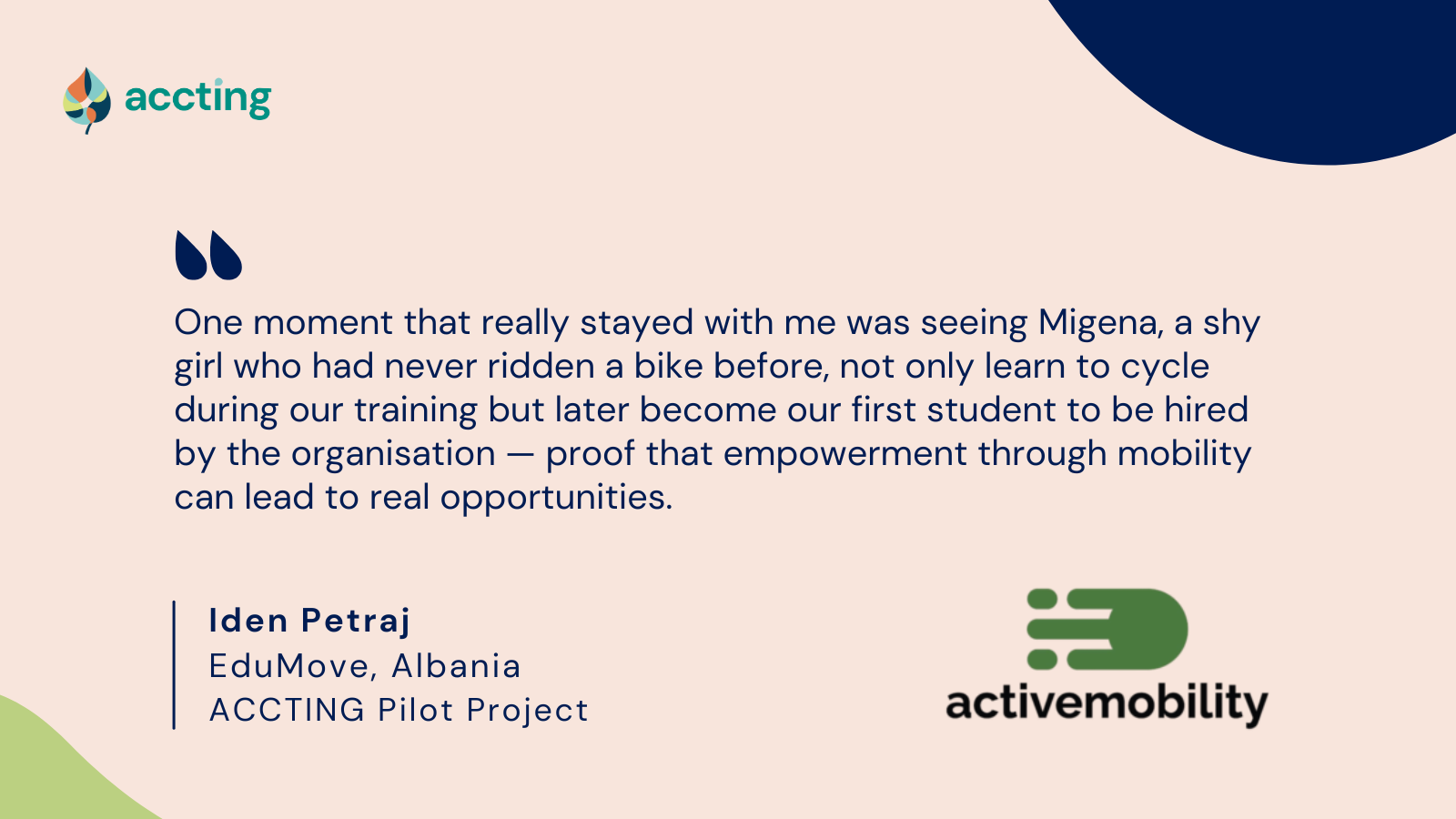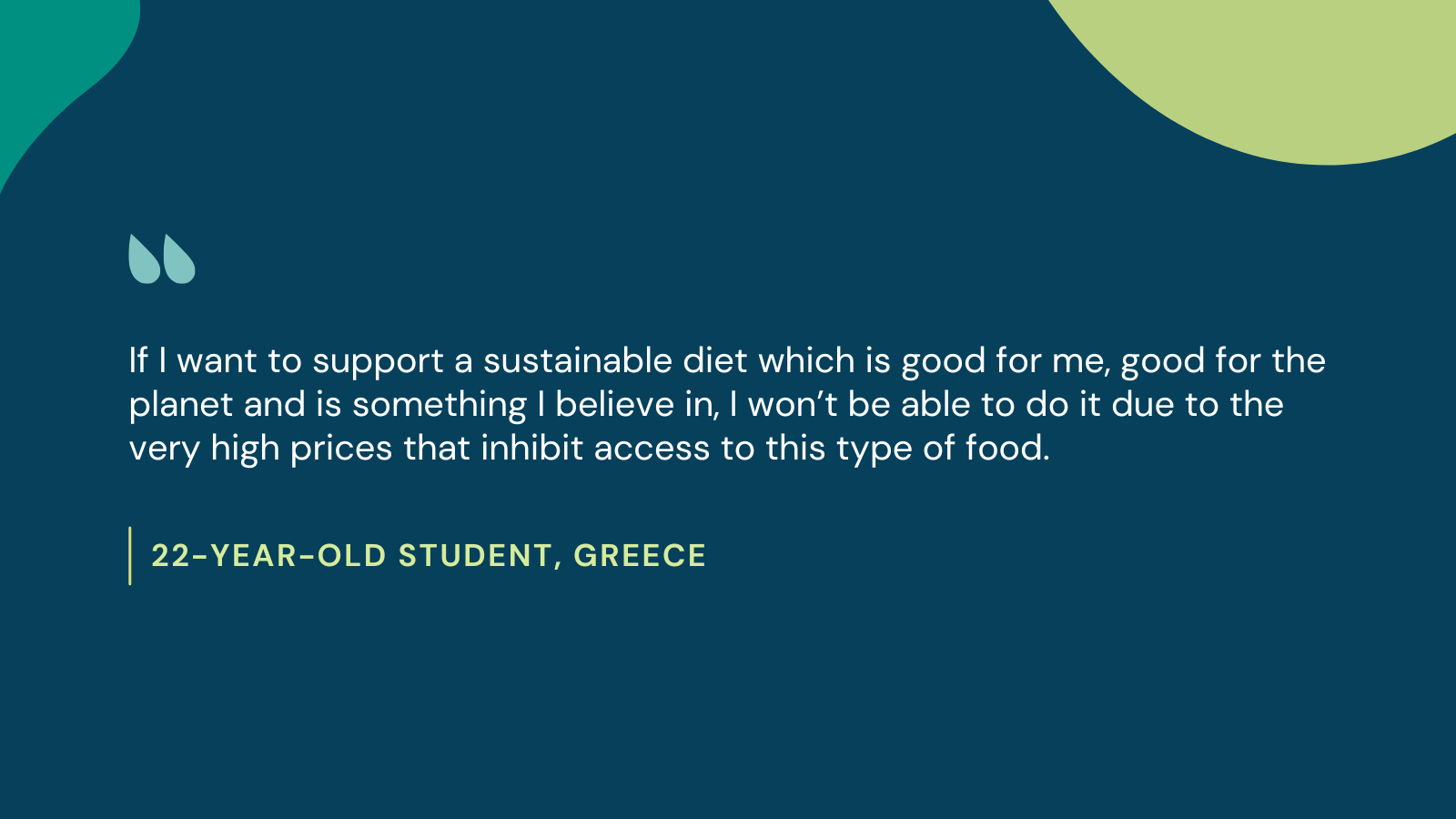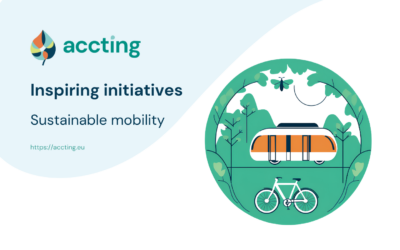The impact of climate change and the capacity to mitigate its negative impacts are unevenly distributed across and within societies; it is the poorer, marginalised and vulnerable groups who are the most acutely affected. ACCTING has collected 358 narratives via individual interviews in 13 European countries to capture some of the experiences of those vulnerable groups. These narratives on inequalities in enablers and hindrances for advancing behavioural change span eight thematic research lines – each addressing an EU Green Deal policy area. Read our dataset including all 358 narratives collected.
Márta, 52, Hungary, on loving nature and living from it
“My name is Márta, a 52-year-old woman with six boys living in a 500-people village in Southern Hungary. I was born in this village and I have been living here my whole life; I was only away while studying. I am a gardener by training but I could only work in my chosen profession until my first pregnancy after which my employer, the state-owned farm got disbanded and I could not return. Afterwards I was at home for long periods with my boys and I lived from casual jobs, such as industrial factory work where I did 12-hour shifts while providing for my family.
In 2019 my life took a sudden and positive change when I got employed by a newly established social cooperative where we collect wild mushrooms and other plants and herbs from the surrounding forests lying by a nature conversation area, and process these ingredients in various ways (e.g. into cream, syrup, pesto) then sell the fresh products at markets or online, now even to fine dining restaurants in Budapest. This is a small-scale plant where we do everything manually in the collection and processing (e.g. cleaning, labelling and filling the bottles) with 2-3 other colleagues and some local daily helpers. This work is particularly benefitting for me because I have been living together with the nature since my childhood. You have to know and like the forests for this job. As I say you leave your troubles behind in the forest – it is a sort of therapy. If I do not walk ten kilometres each day then I am getting sick. Going out into the forest – this is what I like the most in this job and I also enjoy the flexibility in terms of working hours and responsibility. Otherwise, it is beneficial in financial terms since I get a full-time salary. Even when I was working in factories I always tried to come out to the forests: I was collecting mushrooms, herbs or snails alone or with my children for own consumption or for selling them to state-owned plants or private purchasers. This is quite common in this area: when there are a lot of mushrooms, anyone who can lift their legs will go to the forest and take something home.
As a rule, 2 kilograms of mushrooms can be collected by everyone without license but now the cooperative got us a license so we can collect in a specified area as much as we want. When collecting the mushrooms and herbs we are respecting the nature and the forest: we are only collecting and processing seasonal plants and mushrooms, we do not exploit the soil so our supply may vary seasonally or even weekly.
“Nowadays it is very rare, especially under 30, that someone knows which one is a ‘good’ herb and which one is a ‘bad’ plant”
Nowadays it is very rare, especially under 30, that someone knows which one is a ‘good’ herb and which one is a ‘bad’ plant while the previous generations have known all about them. It was needed since there was no plastic, shampoo or detergent and they had to solve all kinds of problems with herbs, e.g. washing, diseases.
There is no such love or respect towards nature nowadays: this is visible from the trash left behind by people such as workers in the forest. I do not say that people got worse but there is much more plastic and such trash that can be thrown away. Trash disturbs me and I always try to collect them in one place at the edge of the forest where the forest rangers can pick them up later. We tried to transfer some of our knowledge and experience by showcasing our work to local children. The smaller children were enjoying the presentation but the 7th and 8th graders were already generally uninterested.
“If children are given a choice, they will certainly not choose the forest, neither as a livelihood nor as a hobby”
If children want to see a forest, they will search for it in a computer and check it online. However, there is interest in our work and products from other people, such as chefs. Chefs from Budapest visited us once and I joked that we have just had the largest number of chefs per square metre in Hungary. On the one hand, it makes me proud that our ingredients and products are used in expensive restaurants and on the other hand I find it amusing that they are using ‘weeds’ such as purslane for their dishes. In my opinion these are war foodstuff: this is what people ate when there was nothing else left since they took the men to the front and the women had to pick these plants. I also tried to extend my knowledge and become an official mushroom inspector but once there were not enough applicants for a local training and once the training was too far away. Now I can only unofficially help people who might come to our plant to ask whether a mushroom is edible or not.
Lately they have also found oil and gas in the area and a Texas-based company got concession for its extraction. You can see 35 small flares burning the methane in the night around our forests. The Americans also came to our village and presented how the people would benefit from the oil production. Most of the people were enthusiastic but I was sceptical: what kind of jobs can you offer to local villagers even if you found oil here? They would need experts that we do not have. Honestly, I was afraid that the oil production would destroy the environment and end our forest activities. So I was relieved when they only found hot water in this village. We do not need to destroy the forest even more; the changing – drier and warmer – weather is already hurting the mushrooms anyway.”





